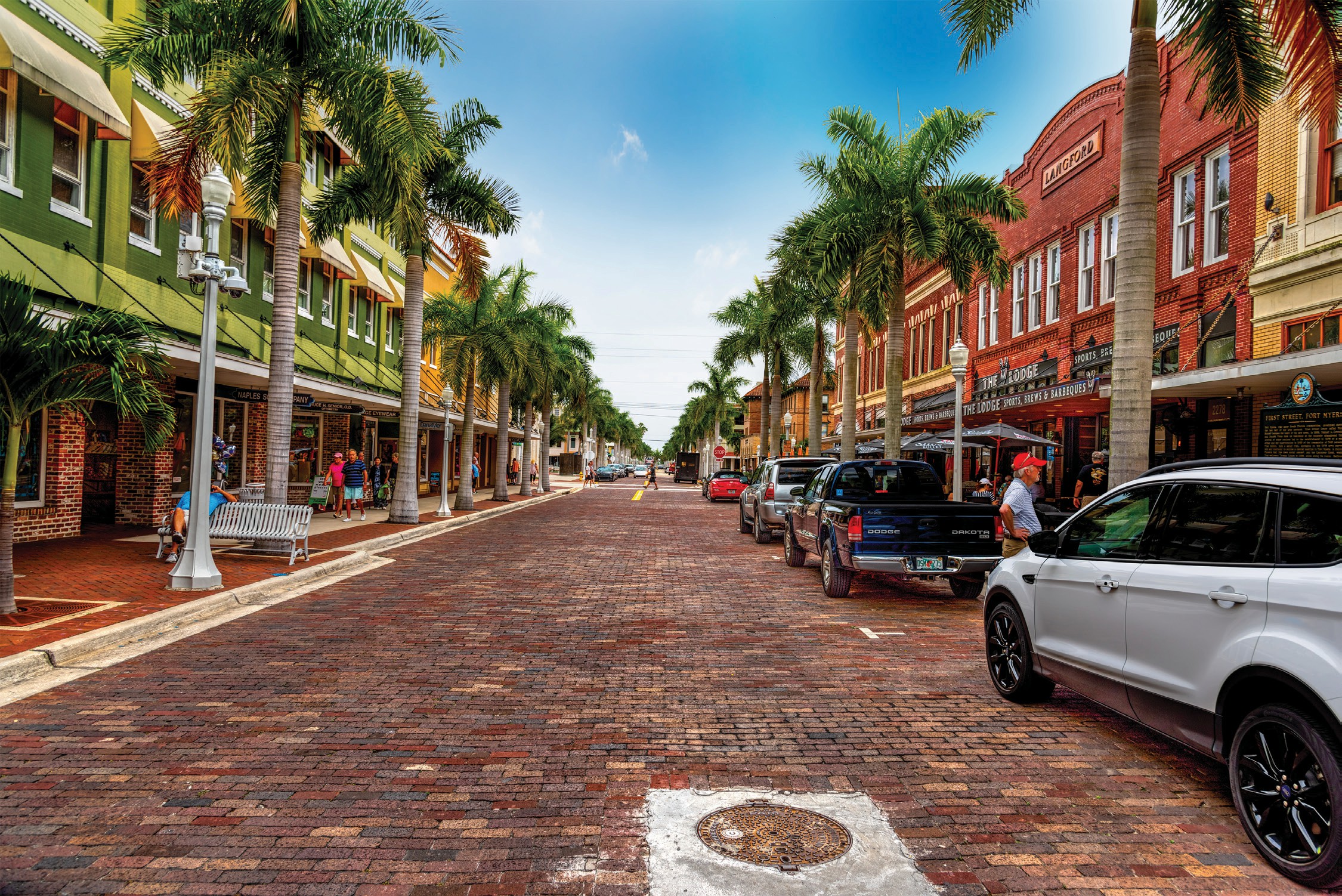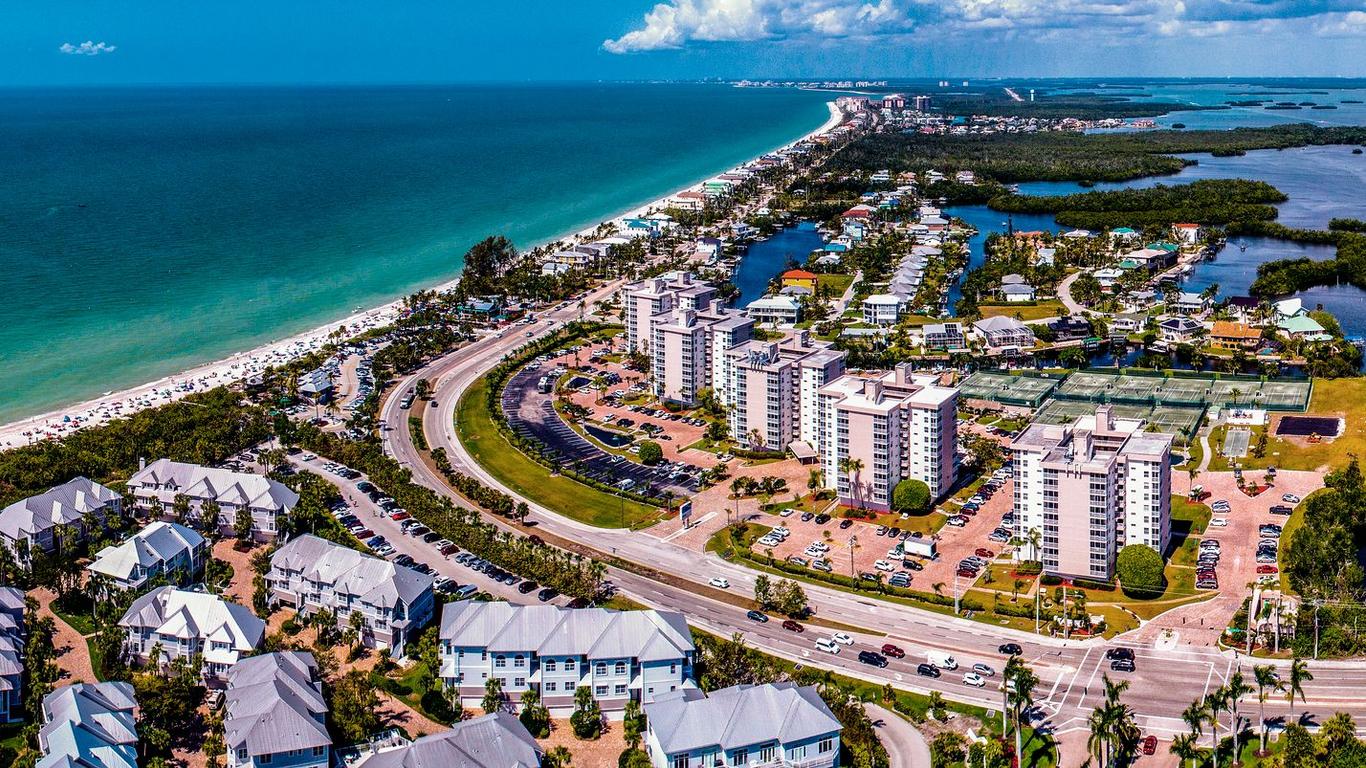

This year’s Fourth of July celebration is upon us. Throughout the long weekend, people all over Florida will celebrate. We will spend quality time with family and friends, enjoying cookouts, or the beach or a picnic by a lake. Many will spend time at a Florida theme park or relax at a state or national park. Independence Day is a highlight of the summer. At some point during the day, part of the celebration will include the use of explosives, or what many refer to as fireworks. Fireworks are as much a part of the celebration as anything else, as we celebrate the day by watching “bombs bursting in air,” as described in the National Anthem.
Fireworks are a fun part of the holiday tradition. And in most cases, fireworks shows, whether public or private, are done safely with no injuries. Unfortunately, many others go wrong in some way and cause serious injury or damages. According to the Consumer Product Safety Commission (CPSC), approximately 11,400 people ended up in the emergency room in 2013 due to injuries they incurred from fireworks. Most of those injuries occurred during the New Year’s holiday and on the Fourth of July. Before you make fireworks part of your holiday, Kemp, Ruge & Green Law Group would like to remind you of a few things, to keep you safe and secure this year.
Fireworks are Dangerous
While this should be obvious, many people think of fireworks as toys. And why not? They come in bright packaging with a lot of cartoon-like images on the box. It’s easy to forget that they involve fire and explosions, and are inherently dangerous. It may be helpful to remember that, in Florida, it is illegal in most places to have fireworks, with the exception of those classified as “sparklers.” However, there are a number of loopholes available that allow people to legally buy and possess them, which means that many people can have them and use them.
It is important to remember that fireworks are ultimately explosives with the potential to cause serious injuries, even when used properly. Most injuries caused by fireworks are the result of misuse. Among the most common mistakes that lead to injuries include lighting fireworks improperly, lighting them too close to buildings or other people, or lighting them while someone has it in their hand.
While those are the most common causes of fireworks injuries, the likelihood of such injuries can be exacerbated by the potential for manufacturing or design defects by the fireworks makers or because they lack adequate warnings. Many injuries happen even when someone does everything right. For example, sometimes defectively manufactured fireworks can explode prematurely, which means the user can’t get a safe distance away before they go off. Likewise, fireworks may have a defective fuse that may ignite the explosive in a way that causes it to go off in an unexpected way. This happens sometimes with bottle rockets or Roman Candles. Such defects may cause them to take a flight path that is not intended, putting people and buildings in danger.
Protect Yourself and Others
Regardless of the reason, injuries from fireworks can be devastating. Besides the obvious potential loss of fingers or terrible burns to the hands, commonly reported injuries include serious burns or deep cuts to other parts of the body due to flying sparks and debris. In some cases, people are injured by damaged shell casings. Many people lose their sight due to the blinding light or the sparks from fireworks.
There are some things you can do, to minimize the likelihood of serious injury. Here are some tips:
- Always be aware of your surroundings. This is important. Things can go wrong when setting off fireworks. Keep that in mind and take precautions. Fireworks can set fire to dry brush in the area, so limit that possibility. If they go in the wrong direction, they can put a neighbor’s house or another structure on fire. Also, be aware of the people in the area and make sure no one is too close to the explosives. The best policy is to take the fireworks as far away from fire hazards, set them off in the remotest area possible, like a beach or an empty parking lot.
- Be careful around children. According to the National Fire Protection Association, the demographic that sees the most fireworks injuries is ages 5-9, with the second-largest group being children 10-19. Be careful even when it comes to sparklers, which are considered safe. According to the NFPA, sparklers burn at about 2,000 degrees, so instruct children to keep them away from their bodies and have a bucket of water available for disposal. Never allow children to use them without adult supervision.
- Always treat fireworks with care. Always remember; even when used properly, fireworks can be extremely dangerous and cause serious injury. Always follow the instructions on the package exactly, and never try to modify them or experiment with them to make them work other than as intended.
- Beware of the infamous “dud.” If it doesn’t go off, it’s malfunctioning, so don’t try to relight or reignite it. Experts recommend that you wait a few minutes and then just dispose of it in water. It is possible for a defective firework to be delayed when going off, so trying to relight one can result in disaster.
- Dispose of fireworks safely. Have a large bucket or trash can filled with water nearby to dispose of used fireworks. Then, leave them in water overnight, just to be safe.
Your Legal Rights Regarding Firework Injuries
Accidents can happen to anyone when dealing with fireworks, whether you are running a do-it-yourself show or you are attending a government-sanctioned show run by professionals. Whether you have been injured as a result of a professional fireworks show that went wrong, or because something went wrong as a fireworks user, the victims of such accidents in the state of Florida may be able to recover damages for their injuries. How they may be able to do so will depend on the circumstances.
If a spectator has been injured at a sanctioned fireworks show, they may be able to file a claim of negligence against the people or the company setting off the fireworks or even those who organized the show. Anyone connected to the show may be found liable for failing to properly supervise the activity. Florida law may limit a city’s liability, but they and the fireworks operators still have a legal duty to protect bystanders from injuries.
If injuries are caused by defective fireworks that malfunction, the victim may be able to recover damages from any number of parties, including the manufacturer of the fireworks, or the importer of fireworks made overseas, or even the local retailer where they were purchased. All of these entities have a legal duty to sell products that function properly, which means they may be liable for any injuries caused by defective fireworks. It is also important to know that even individuals who misuse fireworks may still be able to recover damages for their injuries if they can prove that their injury was cause by a defect and not their misuse.
If you have been injured by fireworks this Fourth of July or any other time of year, contacting a Personal Injury Attorney, like those at Kemp, Ruge & Green Law Group, may be the best idea, in order to recover for your injuries. Victims of such accidents need a knowledgeable and experienced personal injury attorney on their side to make them whole again. Contact us today for a free consultation.
-
October 22, 2024
Personal Injury Protection in Bonita Springs, Florida -
October 22, 2024
Personal Injury Lawsuits in Bonita Springs, Florida -
October 21, 2024
Personal Injury Cases in Bonita Springs, Florida -
October 21, 2024
What to Do After a Car Accident in Bonita Springs, Florida




